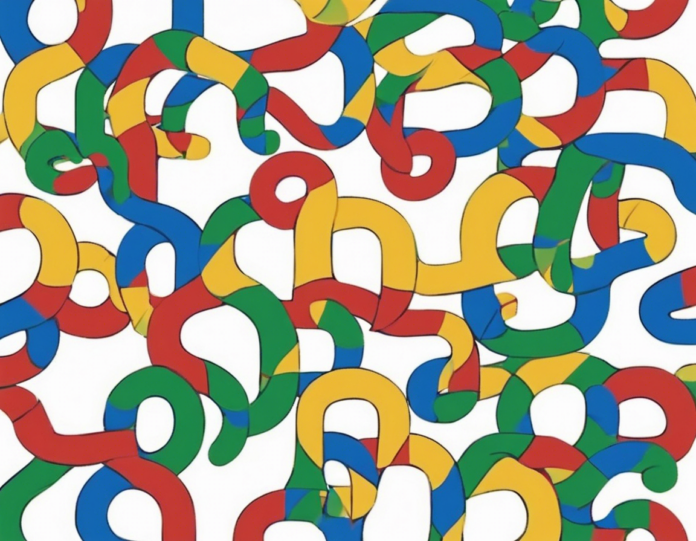The recent news of Google’s Python team being dismissed amid restructuring has sent shockwaves through the tech community. Python, a popular programming language known for its simplicity and versatility, has been widely used by Google for various projects and products. The decision to disband the Python team has raised concerns about the future of Python at Google and its impact on the broader Python community.
Impact on Google’s Projects
Google has been a major user and contributor to the Python ecosystem. Many of Google’s projects and products, including YouTube, Google Search, and Google Cloud Platform, heavily rely on Python for their development and maintenance. The dismissal of the Python team has left many questioning the future of these projects and the potential shift to other programming languages.
With the Python team being disbanded, it is uncertain how Google will continue to support and invest in Python-related projects. This decision could potentially lead to the migration of existing Python codebases to other languages, impacting the performance and development speed of Google’s products.
Community Concerns
The Python community has expressed concerns about the impact of Google’s restructuring on the broader Python ecosystem. Google’s contributions to the Python community, such as open-source projects, libraries, and frameworks, have been instrumental in advancing the language and supporting developers worldwide. The dismissal of the Python team raises questions about the future of these contributions and the overall support for Python development outside of Google.
Developers who rely on Google’s Python-related tools and resources may need to reassess their technology stack and consider alternative solutions to mitigate the potential impact of Google’s restructuring. The lack of support from a tech giant like Google could also influence the adoption and evolution of Python in the industry.
Possible Reasons for Restructuring
While Google has not provided specific details about the reasons behind the dismissal of the Python team, there are speculations within the tech community about possible factors driving this decision. Some analysts suggest that Google may be shifting its focus towards other programming languages that offer better performance or scalability for large-scale projects.
Another potential reason could be the company’s internal strategy to streamline its development efforts and consolidate resources around a narrower set of technologies. By reducing the dependency on Python, Google may be aiming to create a more uniform and efficient software development process across its various teams and projects.
Future of Python at Google
Despite the uncertainty surrounding Google’s decision to disband the Python team, Python is unlikely to disappear from Google’s tech stack entirely. Many legacy projects and systems within Google are built on Python, and transitioning away from the language entirely would be a monumental task.
However, the reduced focus on Python within Google could lead to slower innovation, limited support for new Python features, and potential challenges for developers working on Python-based projects at the company. Google may choose to continue maintaining existing Python codebases while gradually shifting towards other languages for future development efforts.
What it means for the Python Community
The repercussions of Google’s restructuring extend beyond the company itself and have implications for the broader Python community. As one of the largest tech companies in the world, Google’s decisions and practices often have a ripple effect on industry trends and technology adoption.
The dismissal of the Python team at Google could signal a shift in how companies perceive and prioritize programming languages for their projects. Developers and organizations that heavily rely on Python may need to reconsider their long-term strategies and assess the potential risks of investing heavily in a language that may face challenges in the future.
Conclusion
The news of Google’s Python team being dismissed amid restructuring has sparked discussions and concerns within the tech community about the future of Python at Google and its broader impact. While the exact reasons behind the decision remain unclear, the implications for Google’s projects, the Python community, and industry trends are significant.
As the situation continues to unfold, developers, organizations, and Python enthusiasts will be closely monitoring how Google’s restructuring shapes the landscape of programming languages and technology development moving forward. Adapting to these changes and exploring alternative solutions may be necessary for those who rely on Python for their projects and initiatives.
Frequently Asked Questions (FAQs)
-
Will Google stop using Python altogether?
While Google may reduce its reliance on Python, it is unlikely to completely stop using the language due to the extensive Python codebases in its existing projects. -
How will the dismissal of Google’s Python team impact the development of Python libraries and frameworks?
The dismissal could lead to a slowdown in the development and maintenance of Python libraries and frameworks that were previously supported by Google. -
Are there alternative programming languages that developers can consider in light of Google’s restructuring?
Developers may explore other languages like Go, Java, or Kotlin as potential alternatives to Python for their projects, depending on their specific requirements. -
What advice do you have for developers who currently work on Python projects at Google?
Developers should stay informed about Google’s evolving technology stack and be prepared to adapt to potential changes in programming languages or tools within the company. -
How can the Python community support each other amidst uncertainties surrounding Google’s decision?
Collaborating on open-source projects, sharing resources, and staying updated on industry trends can help the Python community navigate challenges and uncertainties effectively.




